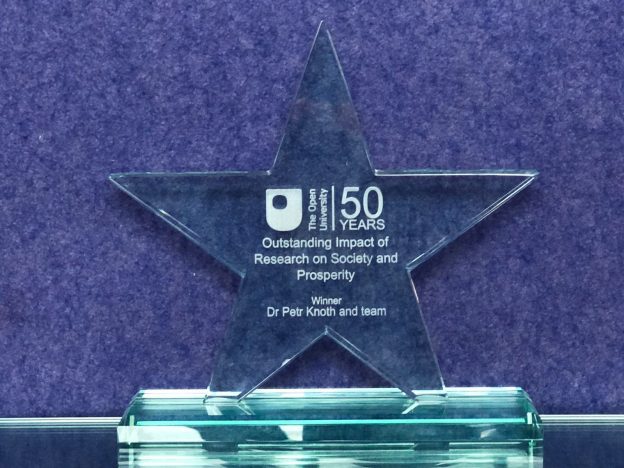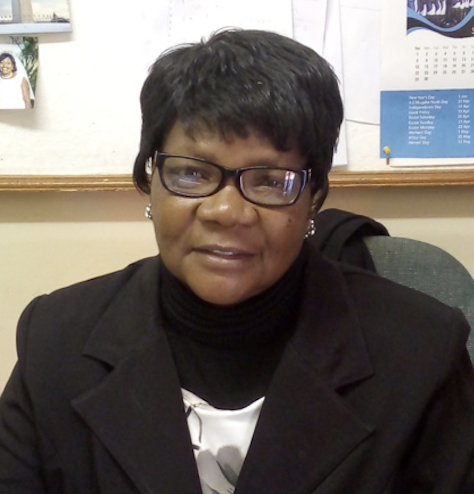The first quarter of 2020 was a highly productive period for CORE in terms of growing and developing our products. Details about these and more news can be found below.
CORE is ready to release a premium version of the Repository Dashboard
The CORE team has developed a premium edition of the CORE Repository Dashboard, with a particular focus being on the development of features that support compliance assessment with the REF 2021 Open Access Audit.
The new CORE Repository Dashboard contains a brand new REF compliance and DOI enrichment tabs. This service has been developed to support Higher Educational Institutions (HEIs) with repositories. More specifically, repository managers, research administrators, etc. The interface offers valuable technical information and statistics. Users can benefit from the tool by accessing information that will help them to improve the harvesting of their repository outputs and increase the visibility of their content. The premium edition is currently available to a limited number of users and we plan to expand to all interested institutions in the future. The release of the new version will be announced through a CORE blog-post.



 Nick has worked in scholarly communications for over 10 years, currently as Open Research Advisor at the University of Leeds. Previously he was Research Services Advisor at Leeds Beckett University. Nick is interested in effective dissemination of research through sustainable models of open access, including underlying data, and potential synergies with open education and Open Educational Resources (OER), particularly underlying technology, software and interoperability of systems.
Nick has worked in scholarly communications for over 10 years, currently as Open Research Advisor at the University of Leeds. Previously he was Research Services Advisor at Leeds Beckett University. Nick is interested in effective dissemination of research through sustainable models of open access, including underlying data, and potential synergies with open education and Open Educational Resources (OER), particularly underlying technology, software and interoperability of systems. Gloria is a lecturer in the Centre for Language and Communication Studies, Institute of Lifelong Learning and Development Studies at Chinhoyi University of Technology in Zimbabwe. She has special responsibility for coordinating the Information Literacy Skills component of the Communication Skills module. She is a former Library Director at the same institution.
Gloria is a lecturer in the Centre for Language and Communication Studies, Institute of Lifelong Learning and Development Studies at Chinhoyi University of Technology in Zimbabwe. She has special responsibility for coordinating the Information Literacy Skills component of the Communication Skills module. She is a former Library Director at the same institution. George is an Institutional Repository Co-ordinator at the University of Strathclyde. His interests and expertise are in structured open data, especially within repositories and semantic web contexts, information retrieval, distributed digital repositories and human-computer interaction.
George is an Institutional Repository Co-ordinator at the University of Strathclyde. His interests and expertise are in structured open data, especially within repositories and semantic web contexts, information retrieval, distributed digital repositories and human-computer interaction. 
 David is the Open Access Officer at Brunel University London based within the Scholarly Communication & Rights Management team. He is an advocate of OA publishing, and of building services that realise the movement within local institutional communities. David has spoken at UKSG, NASIG, RLUK and Altmetric conferences about this topic in recent years. David is an ambassador for the CORE service.
David is the Open Access Officer at Brunel University London based within the Scholarly Communication & Rights Management team. He is an advocate of OA publishing, and of building services that realise the movement within local institutional communities. David has spoken at UKSG, NASIG, RLUK and Altmetric conferences about this topic in recent years. David is an ambassador for the CORE service. Milica is a librarian at the Institute of Technical Sciences of the Serbian Academy of Sciences and Arts since 2007. Her education background is in art history and her previous work experience includes heritage policies and documentation standards, heritage-related civil society projects and digitisation, traditional librarianship and bibliography. Currently, her professional interests focus on Open Science, library services aimed at supporting research activities, training on academic services and tools, information literacy and research ethics. Since November 2014, she has been serving as the EIFL Open Access country coordinator in Serbia. In this capacity, she designed and coordinated the project –
Milica is a librarian at the Institute of Technical Sciences of the Serbian Academy of Sciences and Arts since 2007. Her education background is in art history and her previous work experience includes heritage policies and documentation standards, heritage-related civil society projects and digitisation, traditional librarianship and bibliography. Currently, her professional interests focus on Open Science, library services aimed at supporting research activities, training on academic services and tools, information literacy and research ethics. Since November 2014, she has been serving as the EIFL Open Access country coordinator in Serbia. In this capacity, she designed and coordinated the project –